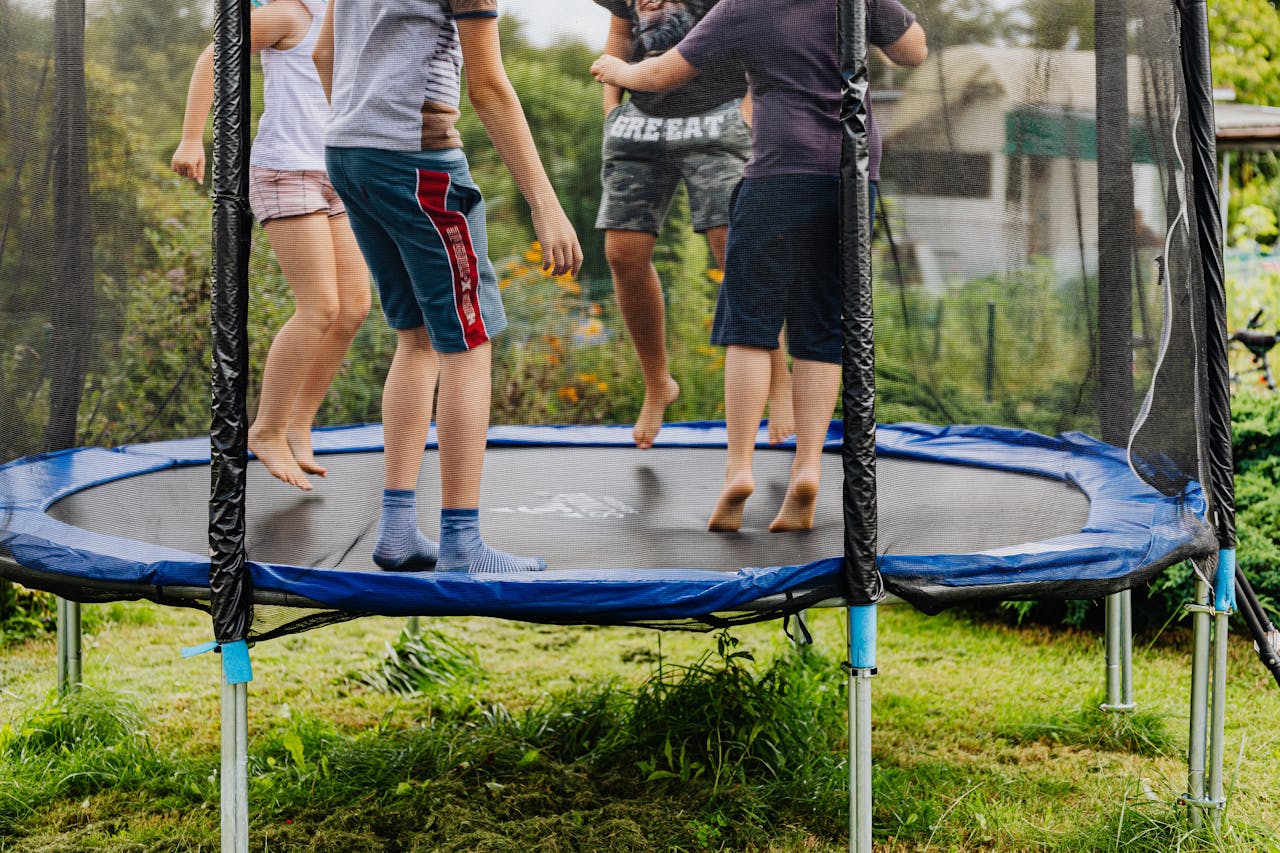
Image Source: Pexels
Your backyard projects might seem harmless, but they could be putting your home insurance at risk. Many homeowners don’t realize that certain additions or upgrades can actually void or limit their coverage. Insurance companies often see these projects as higher risk, leaving you exposed if something goes wrong. What starts as a simple improvement could turn into a financial disaster. Here are eight outdoor projects you’ll want to think twice about before diving in.
1. Building a Swimming Pool
Adding a pool is a dream for many homeowners. But it comes with big insurance implications. Remember, pools increase the risk of accidents, injuries, and even lawsuits from guests. You should disclose the installation to your insurer. If not, future claims may be denied. You may also face higher premiums or requirements like fencing and safety equipment.
2. Installing a Trampoline
Trampolines might keep the kids entertained, but insurers see them as major liability hazards. Broken bones, sprains, and head injuries are common accidents that happen on trampolines. Some policies exclude trampolines altogether, while others require strict safety measures. Before setting one up, check your policy carefully.
3. DIY Electrical Work Outdoors
You should always use a licensed electrician for electrical work. Adding outdoor lighting, hot tubs, or wiring for a shed might seem like manageable DIY projects. But unpermitted or improperly installed electrical work is a red flag for insurance companies. Faulty wiring increases the risk of fire, property damage, and injury. If a fire starts from unapproved electrical work, your claim could be denied. You’ll also want to make sure that your electrician pulls permits as necessary.
4. Building a Deck Without Permits
Did you know that building a deck without permits can void your insurance? While decks can boost your home’s value, they can also be a major hazard. If the structure collapses or causes injury, your insurer may refuse coverage. Even if the deck looks sturdy, unapproved construction is considered a liability. Many municipalities require inspections to ensure safety standards are met. Skipping these steps could cost you in the future.
5. Adding a Wood-Burning Fire Pit
Fire pits are cozy gathering spots, but they also increase fire risk. Insurance companies may limit or deny coverage if one causes accidental damage. If sparks ignite nearby structures or vegetation, you could be on the hook for repairs. Some policies only cover fire pits under strict safety guidelines. Additionally, you should use safe burning practices to protect yourself and the environment.
6. Putting in a Treehouse
Treehouses create fun memories, but they’re also a liability risk. Falls, injuries, and structural failures are all concerns for insurers. If a child gets hurt while playing, you could face lawsuits and denied coverage. Check your policy to see if there are safety codes for tree houses. Without approval, this charming project could end up being very costly.
7. Installing a Hot Tub
Hot tubs add luxury to your backyard, but insurers view them like pools. They raise concerns about slips, falls, and even property damage. After all, a hot tub leak can cause significant damage. Some companies require special liability coverage or safety features like locking covers. If your hot tub isn’t disclosed, your claims could be rejected. Always report installations to your insurer before using them.
8. Removing Trees Without Professional Help
Cutting down large trees on your own might seem like a money-saving project. But if the tree falls the wrong way and damages property, your insurance could deny the claim. Professional tree services are often required to ensure safety and compliance. Skipping professional help could put both your coverage and your property at risk.
Protect Your Insurance Coverage Before You Build
Outdoor projects can make your property more enjoyable, but they also come with hidden insurance risks. Failing to disclose them, skipping permits, or ignoring safety requirements could void your home insurance altogether. Always check your policy, talk to your insurer, and follow local codes before starting a project. A little caution now can prevent huge financial losses later.
Read More
5 Things Growing in Your Yard That Could Get You Sued
7 Insects Experts Warn Can Hitchhike Into Your House From the Garden

Teri Monroe started her career in communications working for local government and nonprofits. Today, she is a freelance finance and lifestyle writer and small business owner. In her spare time, she loves golfing with her husband, taking her dog Milo on long walks, and playing pickleball with friends.
Leave a Reply